When an Islamist extremist charged into his school in Arras, northern France, with a knife, Christian Berroyer could have hidden away. Instead, the caretaker decided to confront the killer. ‘I grabbed a chair without thinking and I went outside,’ said Berroyer. Asked why he did what he did, Berroyer said he was ‘just doing his duty as a Frenchman’.
Berroyer returned to work last week, just a few days after that attack in which a teacher was stabbed to death. His bravery marks a stark contrast to the cowardice of France’s politicians.
The school handyman joins a list of other Frenchmen who have ‘done their duty’ in the last decade. There was Damian, a 28-year-old banker, the first man to confront the gunman on the Thalys train in 2015; there was Franck, who in July 2016 jumped onto the cab of the lorry careering down the promenade in Nice and grappled with the driver; there was Arnaud Beltrame, the gendarme, who was killed by an Islamist in a siege in 2018 after he volunteered to take the place of a civilian hostage; there was Henri, the young man who chased the knifeman stabbing babies in an Annecy playground this year. And now there is Christian, and his boss, Jacques, and also David, a PE teacher, all injured as they confronted the knifeman.
The school handyman joins a list of other Frenchmen who have ‘done their duty’ in the last decade
The country’s leaders have much to learn from these men. Speaking after a Tunisian Islamist had run over 86 people in Nice in 2016, the then prime minister of France, Manuel Valls, informed the nation: ‘Times have changed, and we should learn to live with terrorism. We have to show solidarity and collective calm.’
Emmanuel Macron made a similar declaration last week in response to the death of Dominique Bernard, the second schoolteacher to be murdered by an Islamist in three years. ‘It will never be possible under the rule of law to have a system where the risk of terrorism is totally eradicated’, said the president. ‘We must live in a society of vigilance, permanent vigilance.’
Macron’s remarks were regarded by some as defeatist. One newspaper column was headlined ‘Macron: the theorem of impotence’ and an editorial described him as ‘devoid of any backbone whatsoever’.
The former politician turned commentator, Philippe de Villiers (whose brother General Pierre, resigned as chief of the defence staff in 2017 after falling out with Macron), said on television: ‘Public authorities are admitting that they are powerless…It means that, in fact, what the State was invented for – the protection of citizens – no longer exists’.
On Sunday, a newspaper published a letter from twenty mayors from across France in which they accused Macron of ‘political inaction’. Acknowledging that the president has asked for a list of all people under surveillance who could be deported, the mayors wondered why it had taken him six years to act.
‘Mr president, citizens are worried,’ continued the letter. ‘Today, we feel that the State has abandoned us in the fight against the dark forces. Abandoned in the fight we are waging in our territories to uphold the values of the Republic…The time for strong, relentless action must now take precedence over the time for emotion. We are already running out of time.’
This isn’t the first warning given to Macron. In 2018, his interior minister Gerard Collomb resigned with a bleak forecast that if something wasn’t done to confront the spread of a parallel society then ‘today we live side by side, but I fear that tomorrow we could be living face to face’.
Three years later, a group of retired senior military officers published an open letter to the president: ‘There is no time for prevarication, if not, tomorrow civil war will put an end to the mounting chaos,’ they told him.
Macron last week conceded that France has a ‘vulnerability’ but he said it is ‘one that goes with democracies, states governed by the rule of law. Otherwise, rights are suspended and that’s not what we want’.
It’s not what ‘we’ want or it’s not what ‘he’ wants? In the last decade, opinion polls in France have consistently returned results proving that the overwhelming majority want something done about the number of foreign criminals and extremists in the country.
A poll in May this year found that 85 per cent of people were in favour in deporting foreign criminals the moment they were released from prison; a poll last week disclosed that 87 per cent of respondents wanted foreigners on extremist surveillance lists to be expelled.
Macron instructs the French to be vigilant but he also expects them to be valorous. The police are doing the best they can but there are simply too many dangerous extremists at large in France: 5,273 at the last count. This is because successive governments have been wilfully complacent about the spread of Islamic extremism.
So it is left to the Christians and Francks and Henris to compensate for this dearth of political courage with their acts of selfless courage.
Got something to add? Join the discussion and comment below.
Get 10 issues for just $10
Subscribe to The Spectator Australia today for the next 10 magazine issues, plus full online access, for just $10.


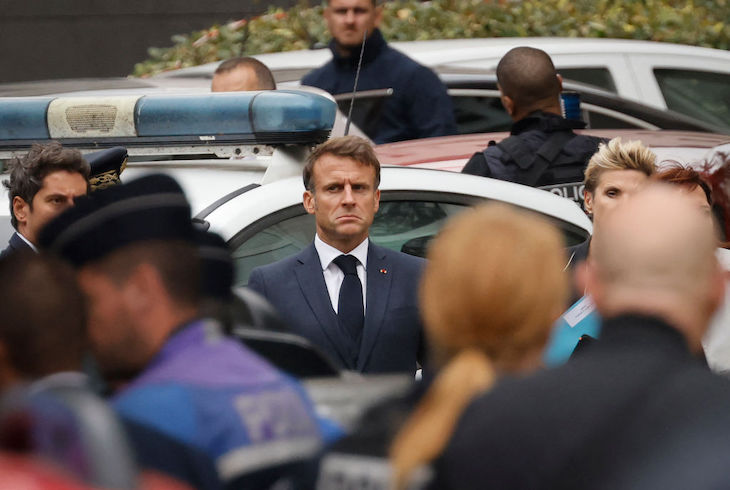
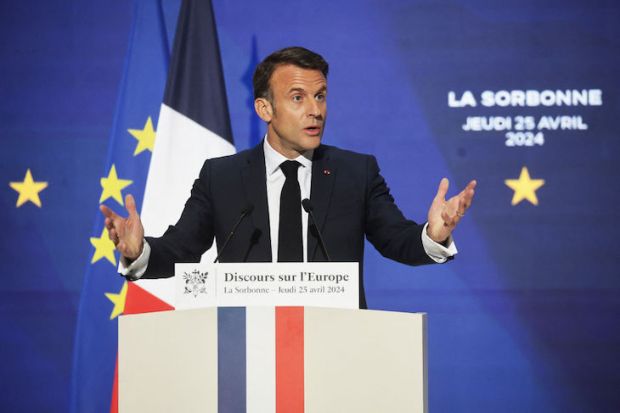
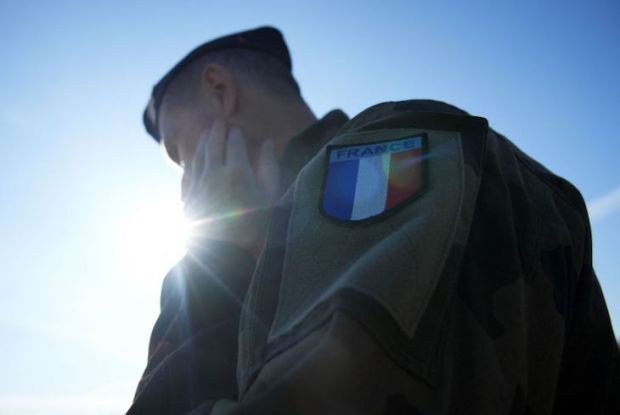
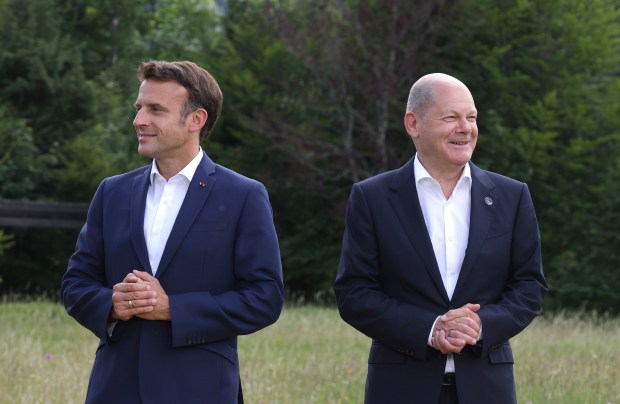
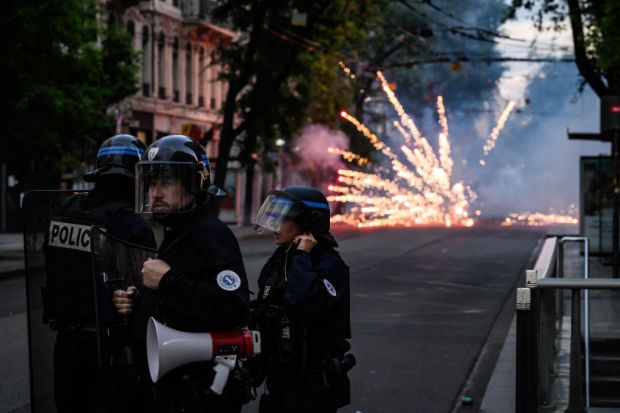

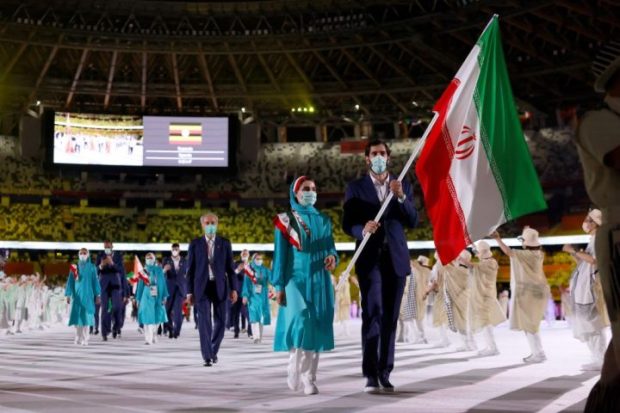












Comments
Don't miss out
Join the conversation with other Spectator Australia readers. Subscribe to leave a comment.
SUBSCRIBEAlready a subscriber? Log in